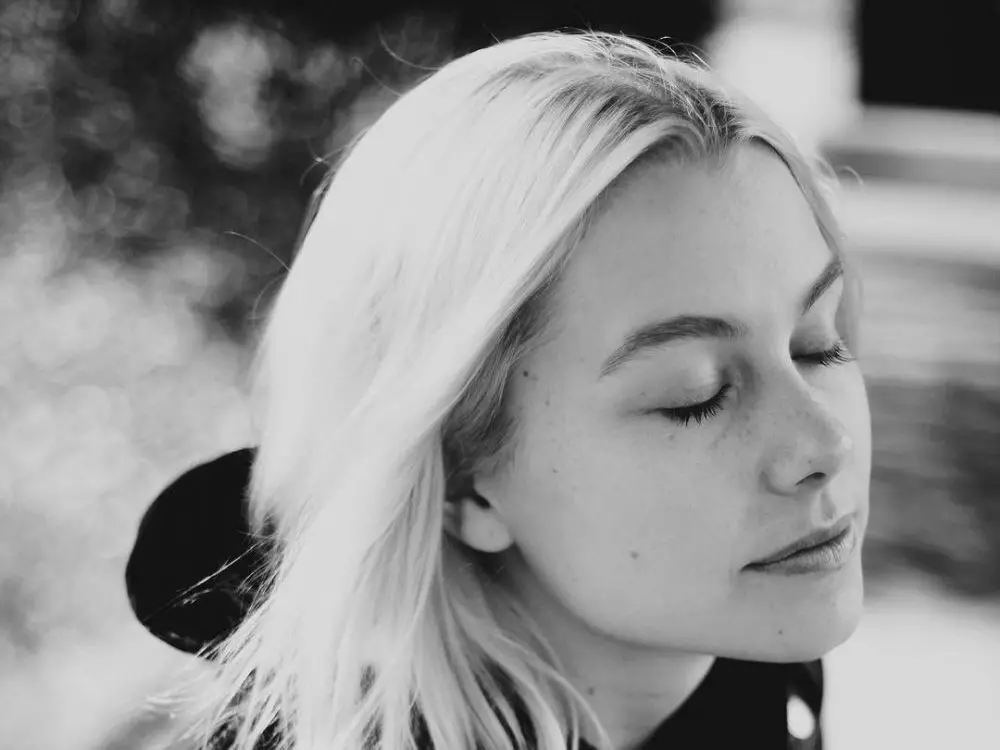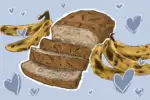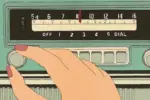Diehard fans of my writing — a list including, and maybe ending with, notables such as my editor and family — may recall a review I wrote at the beginning of the summer raving over Maple Glider’s debut album, “To Enjoy Is the Only Thing.” I would be incredibly unsurprised if, while perusing the article again, I discovered a mention of the “monthly listener” tally that Spotify includes on every artist’s page. Although I often try to convince myself otherwise, I am now almost certain that my superiority complex bled through the page as I plugged Maple Glider before she was featured on NPR Music’s Tiny Desk Concert series, before she surpassed 200,000 monthly listeners and before her entry into Spotify’s indie autoplay algorithm.
At a park with a friend recently, I felt a similar sense of pride from a totally opposite side of music. A fan of avant-garde rap, he described artists with terms such as “vamp,” “hyper-pop” and “underground.” He similarly referenced monthly listener counts and detailed stories of friends who initially denounced his favorite artists only to come back a month later loving their songs after they had gained traction on TikTok.
His accounts of artists “rocketing” from 1,000 monthly listeners to nearly 100,000 felt incredibly reminiscent of my own relationship with indie music. I realized that in the age of Spotify stats, subreddit activity and Instagram live, the superiority complex that niche music bestows on those who listen to it is genreless. Listeners are connected by a pervasive love of curatorship and the feeling of being “in” on something right before it hits the cusp of real popularity.
As a long-time Reddit user, the platform has given me a fascinating look into the shifting fanbases of artists I love as they rise in popularity. Bands and musicians such as Car Seat Headrest, Phoebe Bridgers and Sufjan Stevens have ascended from simply being “indie famous” to being well-known on a whole new scale. 1 Trait Danger, side project of Car Seat Headrest, became the source of a far-reaching TikTok sound clip. Sufjan Stevens’s work on the “Call Me By Your Name” soundtrack garnered huge attention and expanded his fanbase past the indie cult following it once was. Phoebe Bridgers experienced a meteoric ascension to Grammy nominations and Taylor Swift cosigns.
In all of these situations, the morphing of fanbases is visible. I often bemoan the overlap between Clairo, Taylor Swift and Phoebe Bridgers fans. Discussing this with my sister, I stumbled upon an acute point: If niche music is something fans define themselves with, the un-niching of music can almost feel like an undoing of a fan’s identity — myself, by all means, included.
In all honesty, a part of who I am is directly connected to the music I listen to and that music’s position in the cultural zeitgeist. Whether it is the meme-ability of Car Seat Headrest, the near-pariah status of Kanye West or the implied superiority complex of Radiohead, each of these bands or artists ties into how I see myself. Although I, as well as other listeners of niche indie music, am composed of far more than lyrics and beats and angst, there are huge parts of me that feel as if they may simply be a tapestry made up of songs, albums, concerts and artists. So much of what makes niche music appealing is that forming a part of myself out of art feels somehow more original when the art is unknown.
As the artists I love come closer to the forefront of the culture, I am torn. It is incredible and inspiring to see my favorite musicians finally get the recognition they deserve and it makes me happy to see them gain the means to make a better wage off of their art. Still, seeing something I have identified myself with become ubiquitous somehow feels invasive, even if I have no right to lay claim to the art I have become possessive over.
When the fabric of a fanbase I love changes, my immediate reaction is almost always negative. The feeling of losing something that is a part of me often outweighs my happiness for the artist or excitement in sharing a passion with others. Instead, I am overwhelmed with fear that this music I love will somehow be diluted. Even though I try not to, my gatekeeping tendencies are knee-jerk reactions to prevent this from occurring, letting me keep my favorite 10,000-monthly-listener artists hidden away from the public where I can enjoy them alone. Music doesn’t exist in a vacuum, and sometimes I wish I could shape the circumstances surrounding albums to make them perfect for me, but I can’t.
I won’t say I’m not still upset about the influx of pop enthusiasts into indie artists’ fanbases, but deep down, I know it’s okay. The National, Phoebe Bridgers, Car Seat Headrest, Sufjan Stevens and Rostam are reaping the rewards of making incredible art, and I’ve been reaping the rewards of loving them for a long time. Even if their monthly listener counts rise and fall in ways I could never expect, that doesn’t change my adoration for their albums and the connection I have with each fan of their music.
As I find myself still gatekeeping or getting frustrated with a fanbase’s shifting dynamics, I have to remember that someone new discovering my old favorites doesn’t always water them down. Rather, it can enrich the experience, giving me a chance to see albums I’ve heard dozens of times in a whole new light. I’ll admit it, listening to niche indie music really does make me feel “better” than other people, but when those others do end up finding it, that doesn’t have to make me feel bad.

















